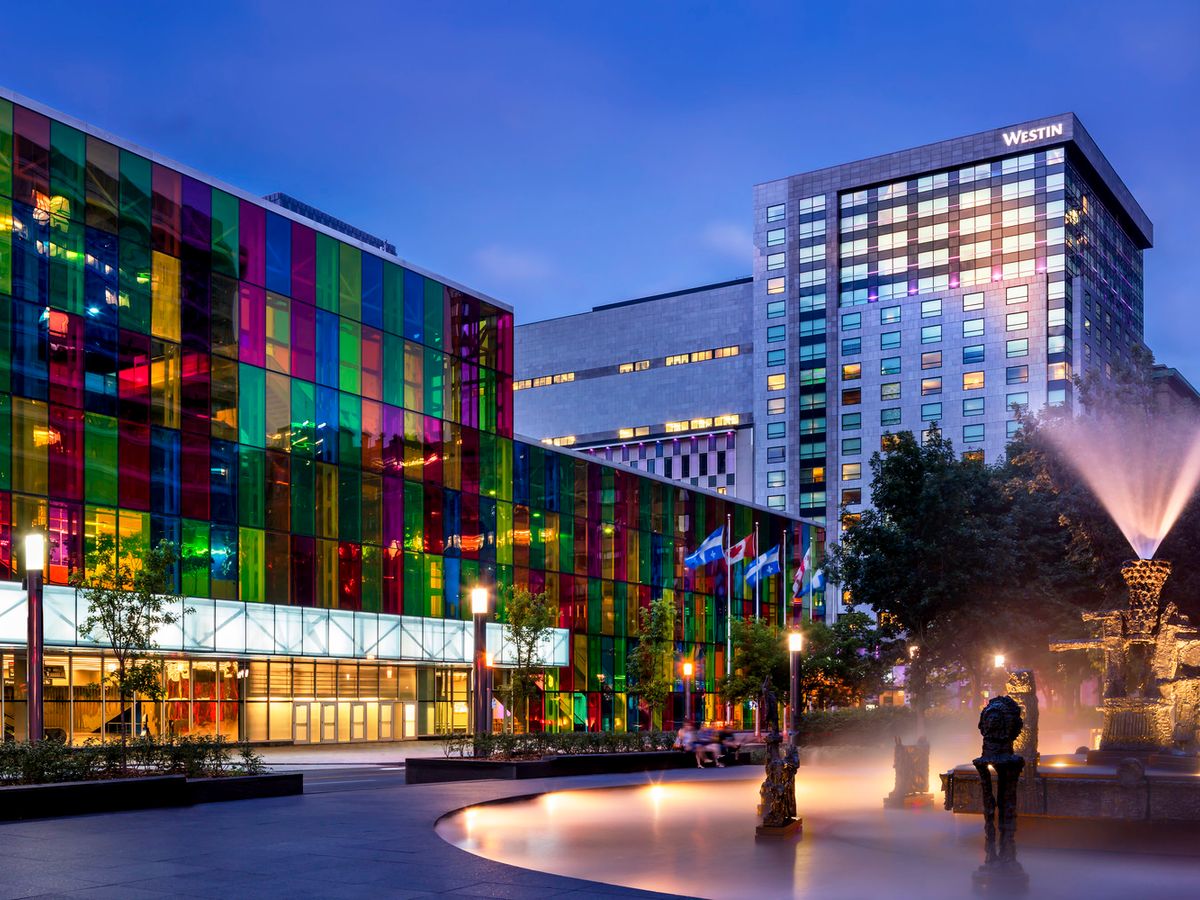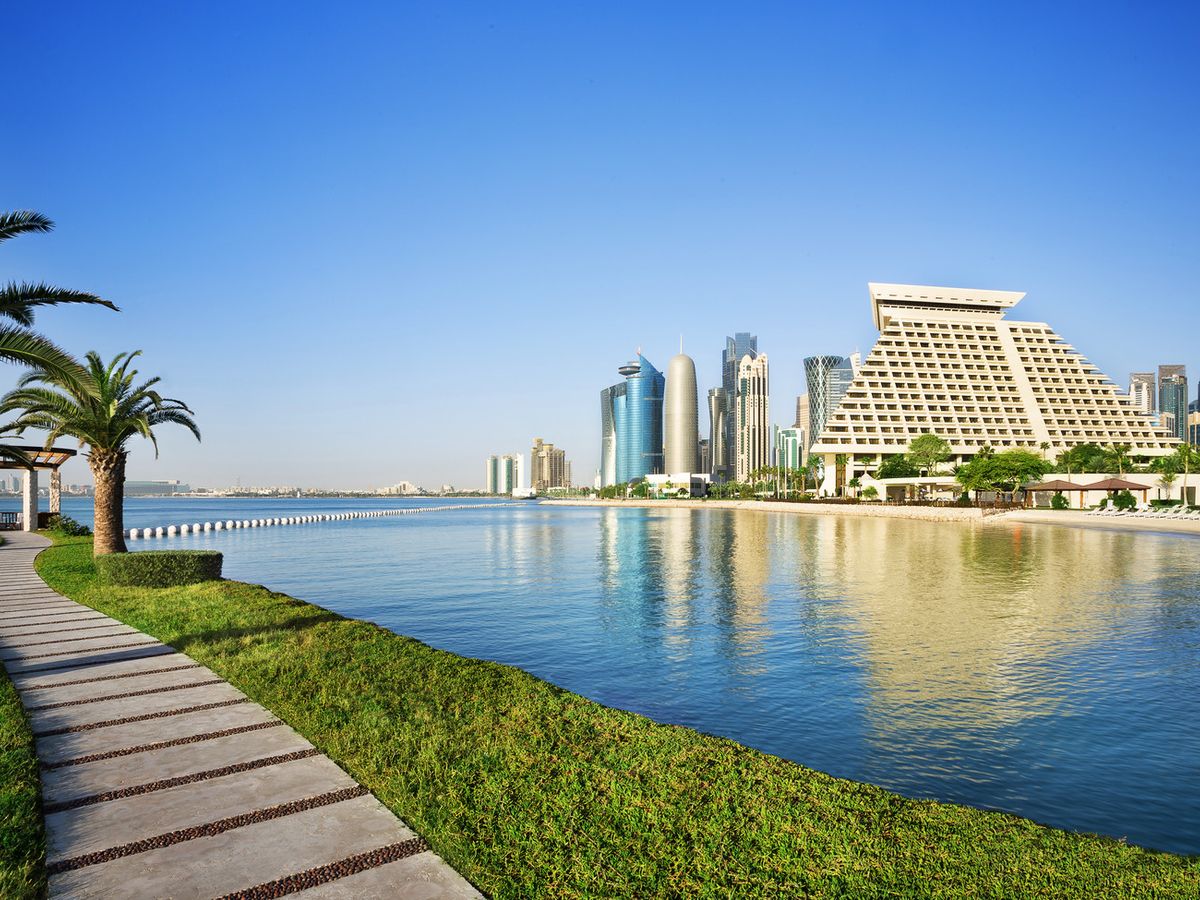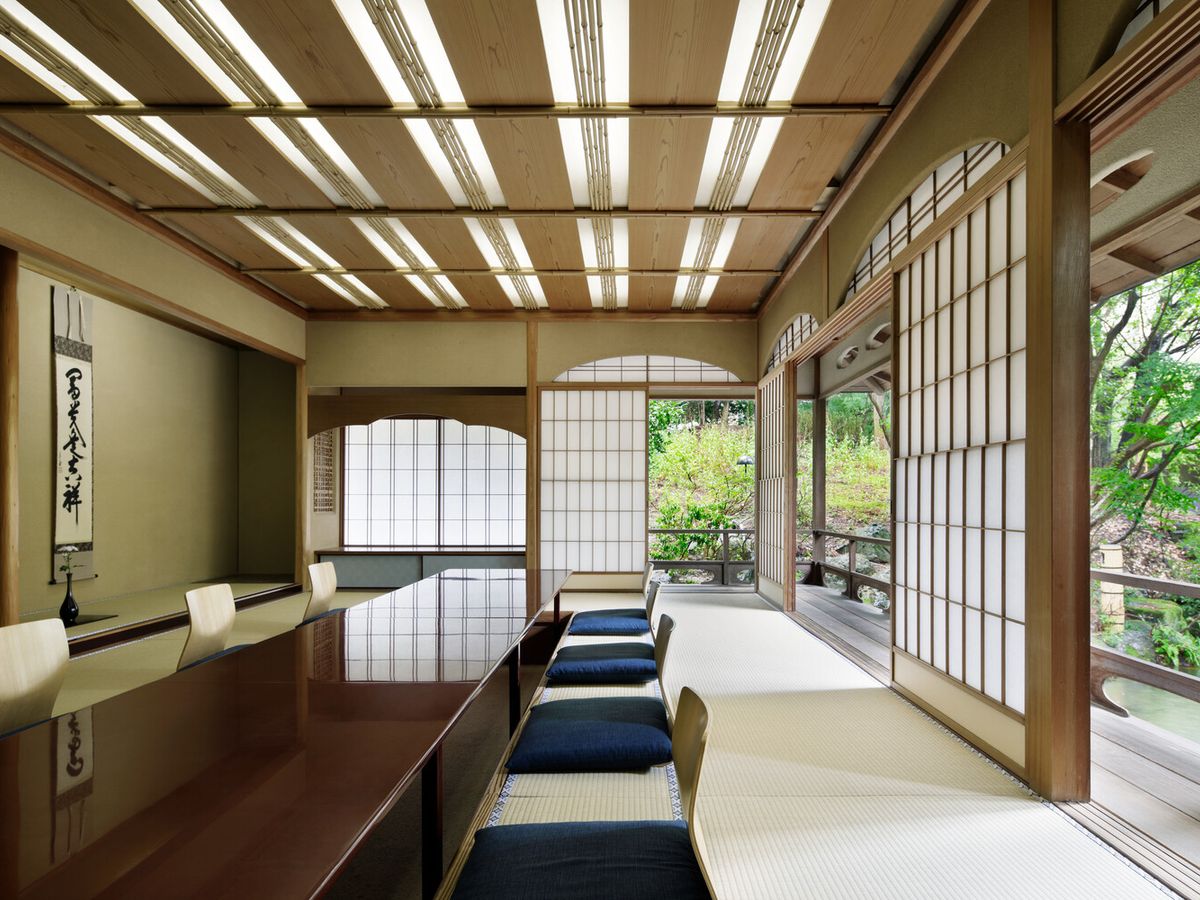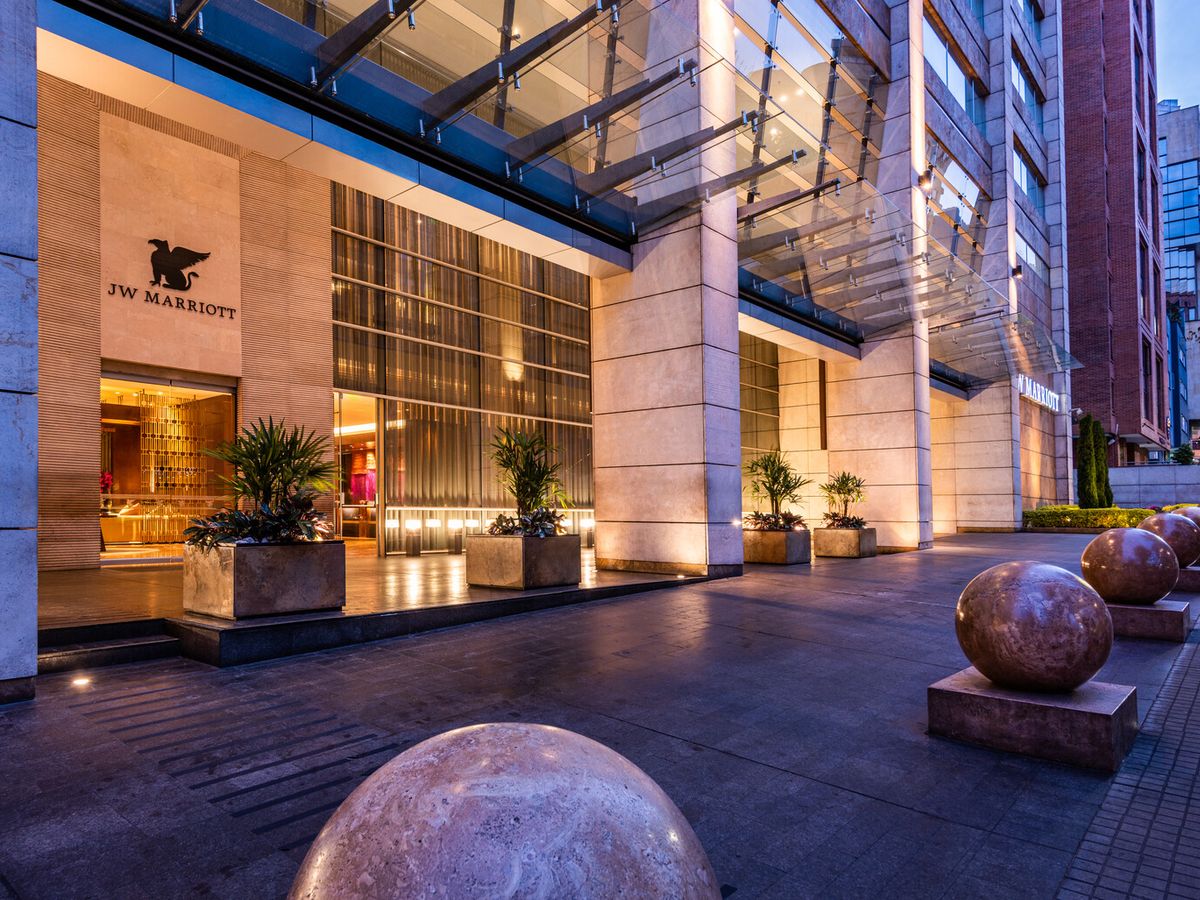Five Destinations That Will Make Your Meeting Historic
Meetings are about the future. That doesn’t mean planners should eschew the past. Choosing a host city that’s rich in history can set a theme—and an intriguing backdrop—for an event, and can help drive attendance. These five destinations are natural settings for rooting your meeting in heritage, while still looking toward what’s ahead.


Baltimore
If Washington, D.C., is the obvious choice for mid-Atlantic American history, Baltimore is the sleeper hit whose time has come. The city’s history is embedded in American lore—it boasts more statues and monuments per capita than anywhere else in the United States—making the city feel oddly familiar even to the first-time visitor.
Baltimore’s top attraction, Fort McHenry, is impressive both for its size and its history. When an oversized U.S. flag was hung there in 1814 to signify victory in the Battle of Baltimore, a local lawyer named Francis Scott Key was inspired to pen a poem titled “Defence of Fort M’Henry”—which, when set to music, became “The Star-Spangled Banner.”
The city’s familiarity doesn’t stop there. Remember the “B&O Railroad” square on the Monopoly board? That’s the Baltimore and Ohio Railroad, and visitors can pop into the B&O Railroad Museum. And a stroll with the city’s free BoP Pass takes visitors through a tour of Baltimore’s rich Black heritage and history, including an interactive experience about the life of Frederick Douglass, murals and monuments for Billie Holiday, and discounts on select Black-owned businesses.
The city’s 300,000-square-foot convention center is the largest of its gathering spaces, but multiple Marriott properties offer smaller spaces as well, including Baltimore Marriott Waterfront—which happens to be in Fell’s Point, one of Baltimore’s most historic neighborhoods.

Montreal
One of the largest French-speaking cities in the world, Montreal was centuries ahead of its time in thinking globally. Its early development as a fur trading center positioned it as a major player in everything from international transportation, the westward expansion of the U.S. and Canada, and the development of global finance.
That internationalist tradition continues today. A true melting pot of European and North American cultures, Montreal is considered one of the world’s great cosmopolitan centers. (In fact, it’s the first North American city to be granted the UNESCO City of Design designation.)
Like any citizen of the world, it knows how to play a gracious host when the time comes, as it did for the Summer Olympics in 1976. Its infrastructure for meetings has kept pace since then: The Palais des Congrès de Montréal convention center can support up to 20,000 users on its Wi-Fi network and has more than 500,000 square feet of meeting space—and it’s just steps away from Le Westin Montreal, which offers an additional 48,276 square feet of meeting space.


Doha
Want to watch history being made—and even be a part of it? Host your next event in Doha. The newest city on this list, Doha’s history may be recent, but that doesn’t make it any less rich than its elders. A humble pearling village as late as the 1930s, Doha exploded in size and wealth in the 1950s with the advent of oil drilling, rocketing from 14,000 inhabitants to more than 80,000 in the span of 20 years.
When Qatar declared independence from Britain in 1971, Doha was named its capital. With its international prominence came international design, including the Museum of Islamic Art, designed by I.M. Pei, and the National Museum of Qatar, designed by Jean Nouvel. But if you and your attendees want a taste of the area’s history, head to the city’s souk, which has been restored with an eye toward preserving the original Bedouin style.
The city’s convention center boasts nearly 100,000 pillar-free square feet that can be spatially customized into five halls, in addition to its 18 meeting rooms. It’s surrounded by accommodations including Marriott Marquis City Center Doha Hotel; The Ritz-Carlton, Doha; W Doha; and Sheraton Grand Doha Resort & Convention Hotel (which in and of itself has 16 meeting rooms and nearly 95,000 square feet of meeting space).

Kyoto
To understand Japanese history, there may be no better destination than Kyoto. For more than a thousand years, Kyoto was the capital of the nation. Tokyo took that title in 1868, but today Kyoto’s 2.5 million residents enjoy the cultural wealth that resulted from its centuries as the heart of Japan. For international attendees, Kyoto offers a particularly rich buffet of Japanese icons such as kabuki theater, tea ceremonies, and samurai culture.
But Kyoto holds another, more subtle sense of history for meeting planners in particular. Much of the world knows of Kyoto through a meeting: the gathering that birthed the Kyoto Protocol. Hosting a meeting in Kyoto can lend an event a sense of gravitas—after all, global, even universal, history was made here. The Prince Kyoto Takaragaike, Autograph Collection, situated a seven-minute walk from the Kyoto International Conference Center, hosts an additional 27,000 square feet of meeting space over eight meeting areas.


Bogota
The capital of Colombia, Bogota has played a key role in South American history for centuries. Pre-colonial Indigenous groups developed sophisticated metallurgy techniques, thousands of which are on display today in the city’s magnificent Museo del Oro, or gold museum. When the Spanish founded the city in 1538, it became a seat of colonial power on the continent; similarly, when colonial rulers were overthrown in the early 19th century, Bogota served as a gathering place for prominent nationalists.
In the 1980s and early 1990s, Bogota’s political turmoil may have made meeting planners question its suitability as a host city. But the city has worked hard to reclaim its spot on the world stage, investing in security, public transportation, and tourism infrastructure. Today, the city of 11 million is known as an Andean jewel filled with world-class restaurants and art. The JW Marriott Hotel Bogota is situated in El Chapinero, the city’s hub of dining destinations, and has capacity for intimate meetings and easy public transportation access to Bogota’s convention center.


The following brands do not participate in Marriott Bonvoy™ Events: Design Hotels, Marriott Executive Apartments, Residence Inn, TownePlace Suites, StudioRes by Marriott, Bulgari Hotels & Resorts, The St. Regis Residence Club, The Phoenician Residences, a Luxury Collection Residence Club, Scottsdale, The Ritz-Carlton Club, The Ritz-Carlton Yacht Collection, and Homes & Villas by Marriott Bonvoy. For a full list of participating and non-participating brands, please click here.